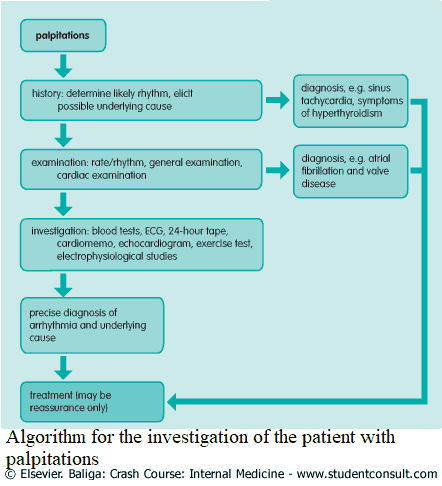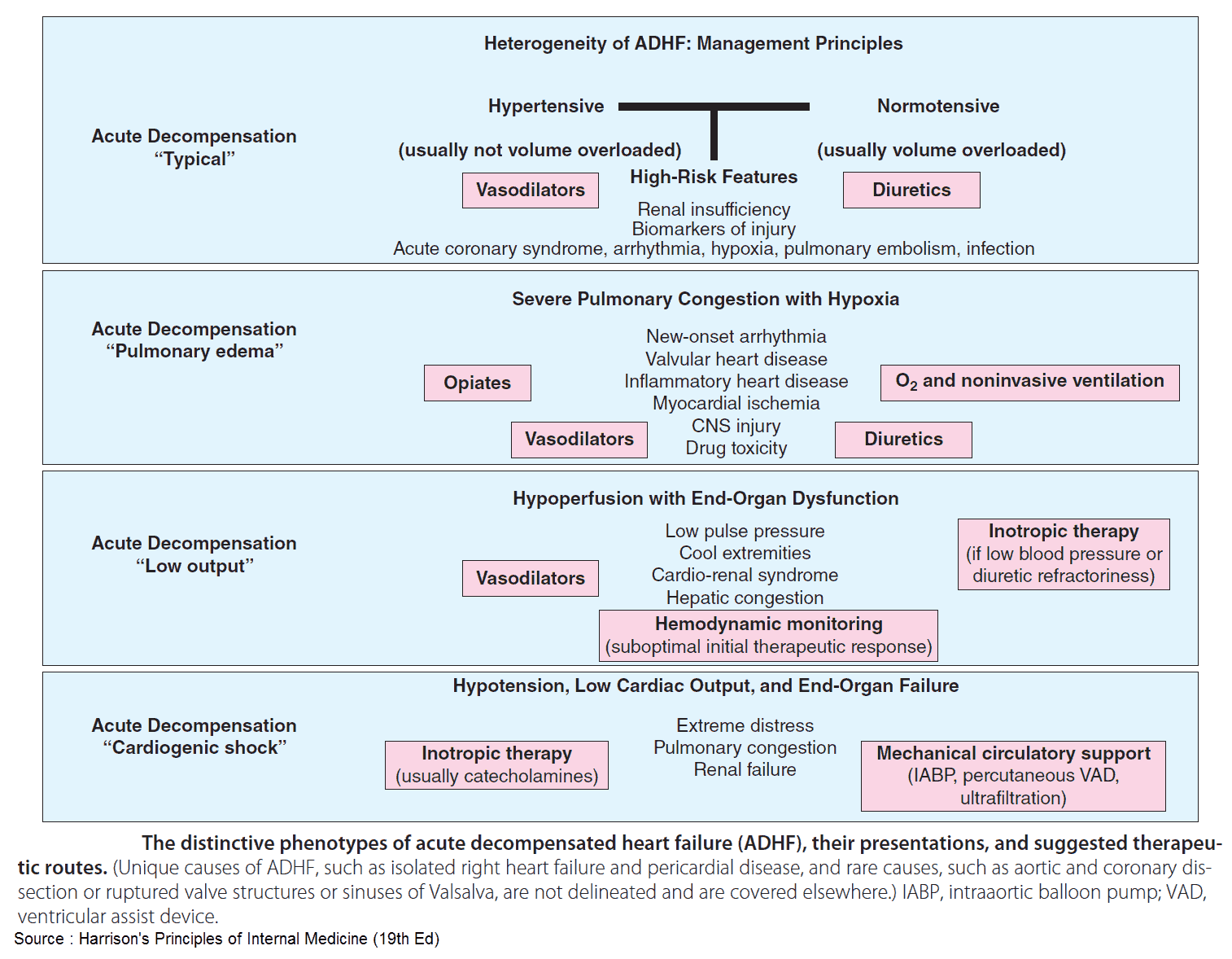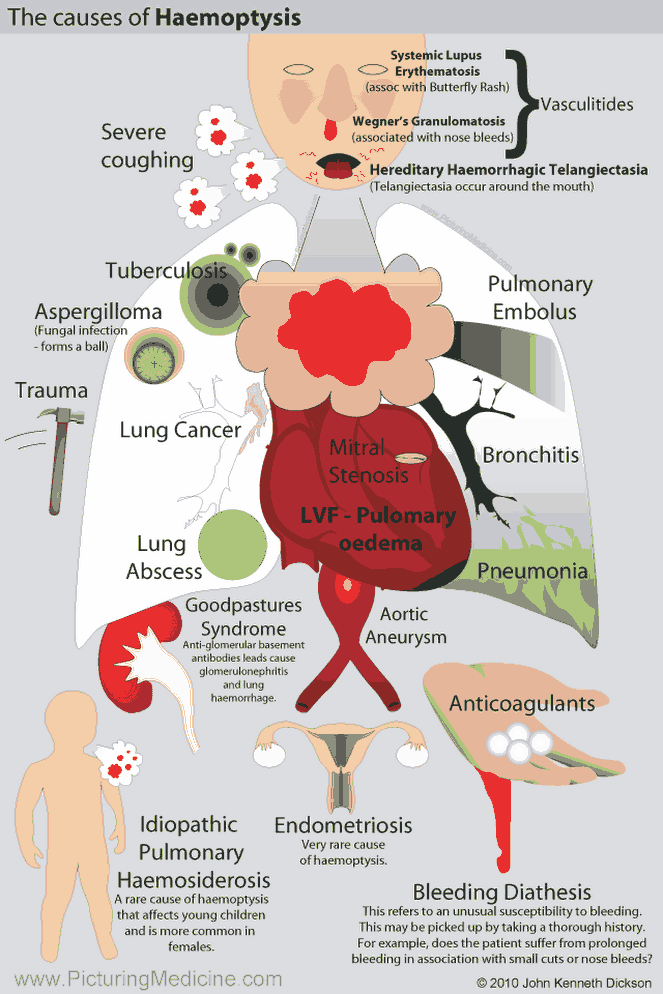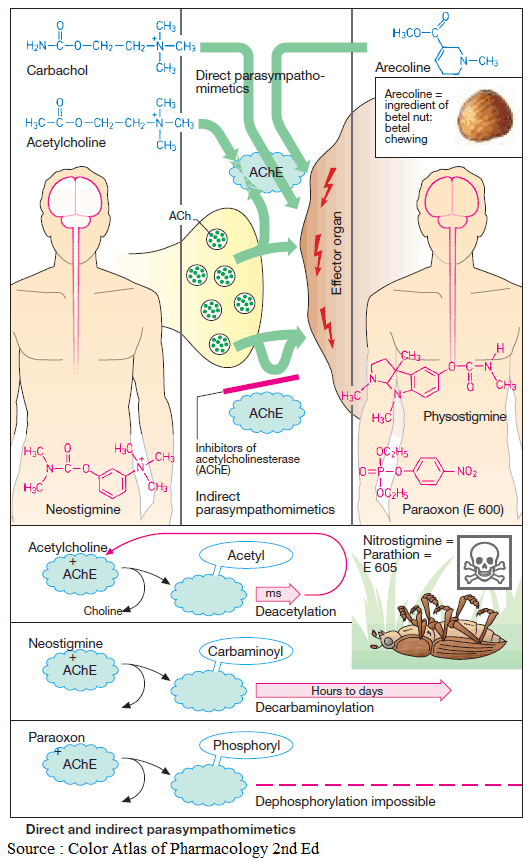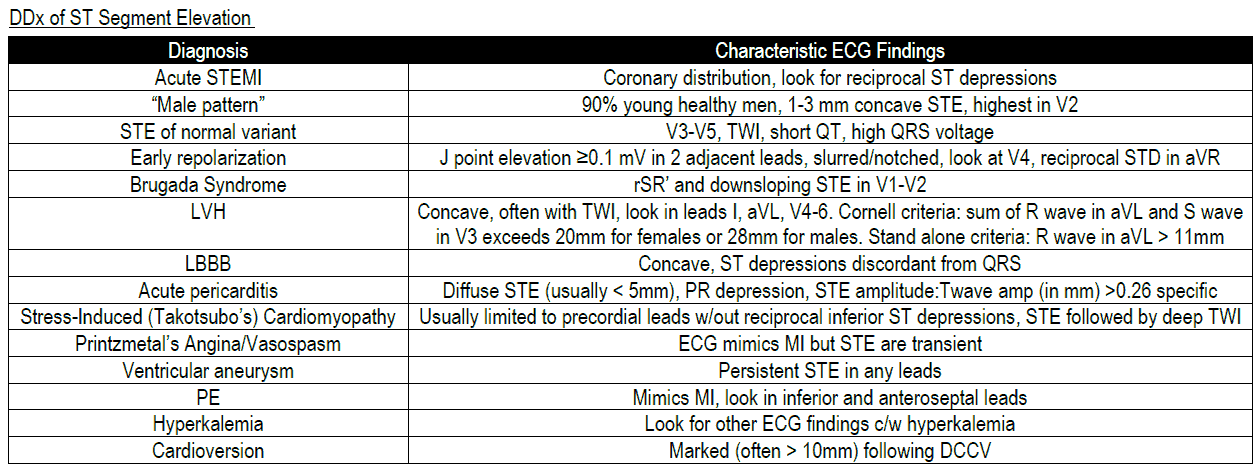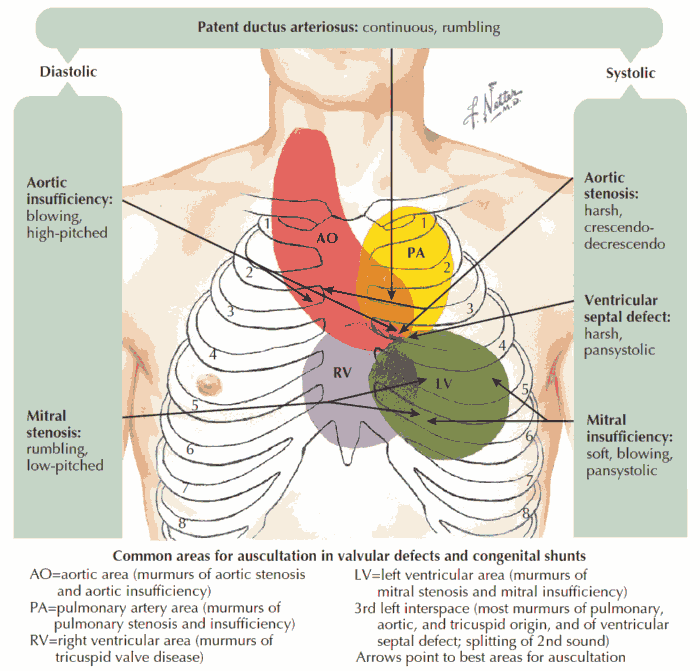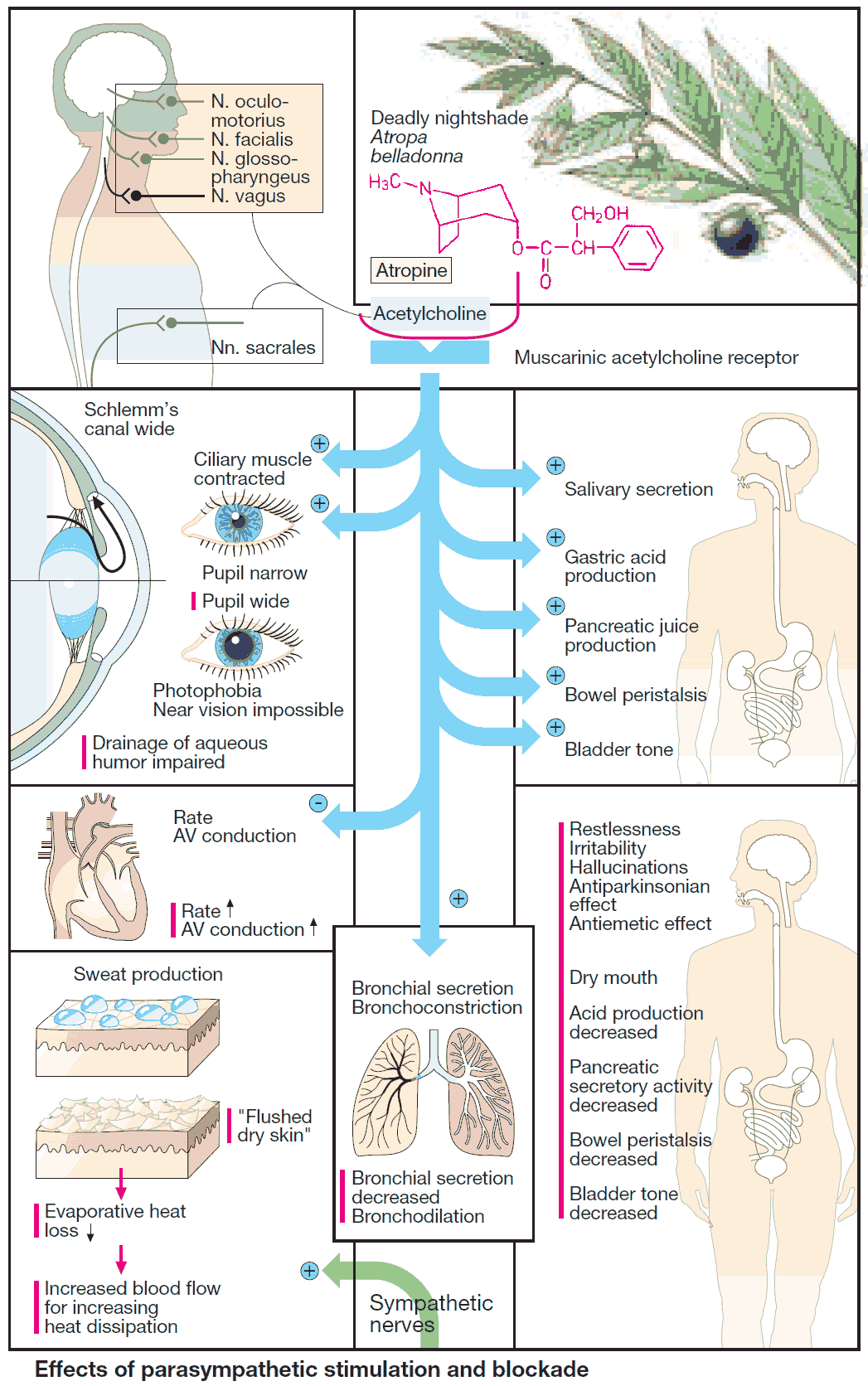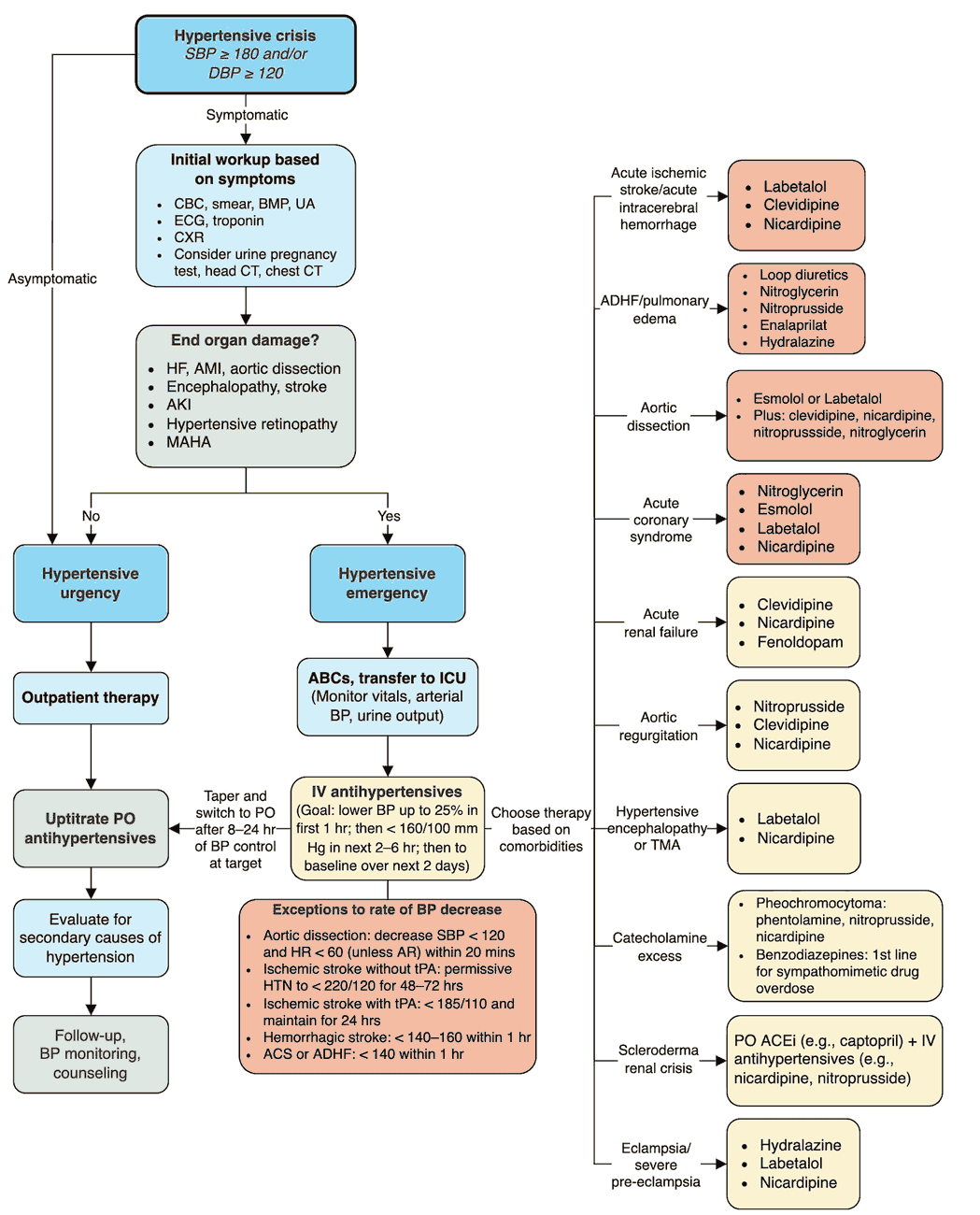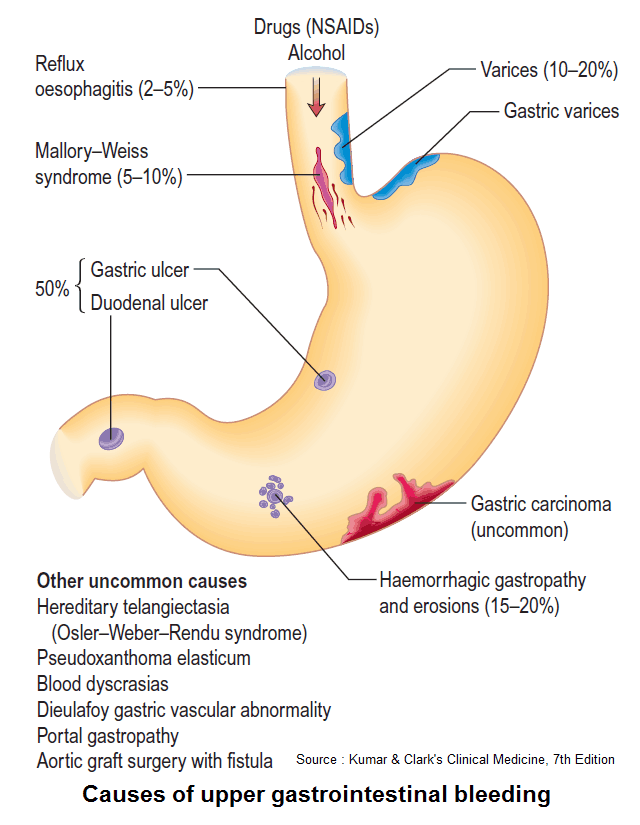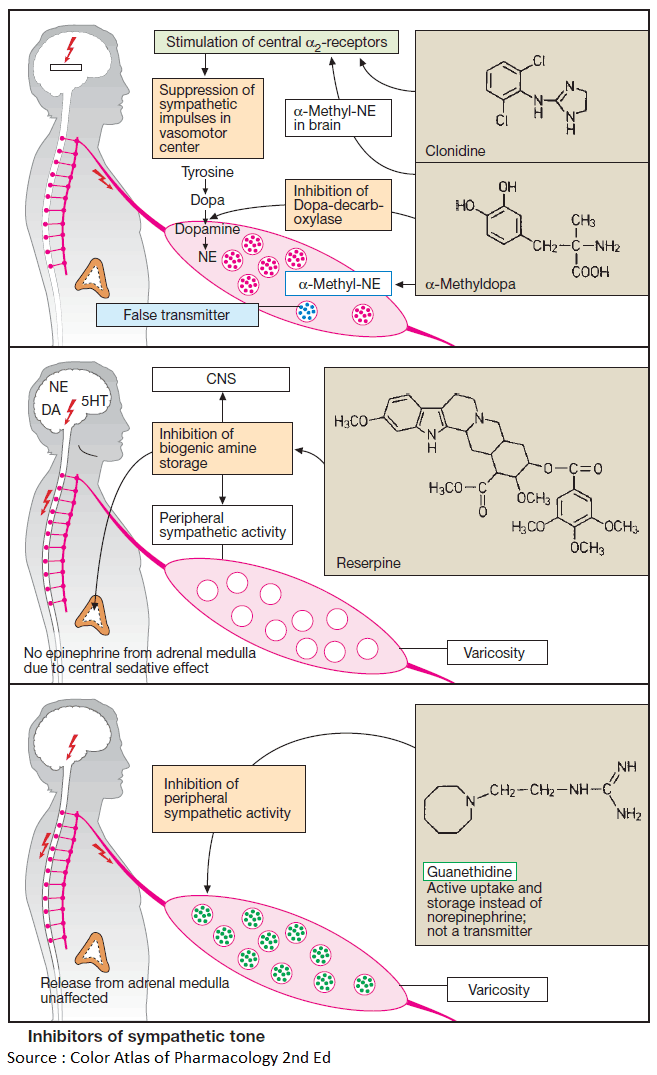Palpitations – Differential Diagnosis, Examination and Investigations
Always check what the patient means by "palpitations" or clarify what you mean, as the word means different things to different people. It is usually understood as an awareness of the heartbeat. The most common cause is an arrhythmia, although other causes include conditions causing an increase in stroke volume (e.g., regurgitant valvular disease) or conditions causing an increase in cardiac output, often noncardiac causes (e.g., exercise, thyrotoxicosis, anemia, or anxiety).

